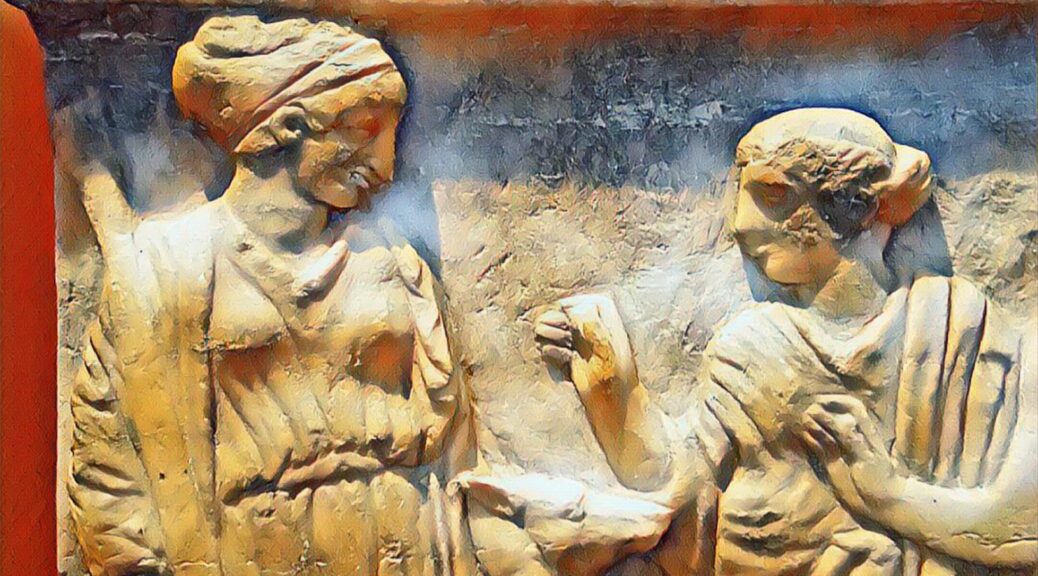Have you ever made a hairpin turn, but sensed others of you peeling off and missing the corner, in screech of brakes, careening out of control, spinning off the road in a tight spiral, tumbling trunk over hood to catastrophe? You knew somehow that you had lived on, while others of you ended, trapped over and over, powerless, clenched in fear, frozen, gasping, clawing, screaming.
You see yourselves reaching your arm across your beloved passenger to keep her in her seat. Even when no one was there.
Or in one case, missing the corner without even trying to stop, accelerating impulsively. This time, the last moments of your life burned like a star, flying into the abyss.
I am not talking about suicidal ideation, but of the sensation of parallel lives, of multiple earths.
Once I chose one love over another but dreamed my other life continued. I saw it all the way through—a simple, contented life of family and joy. That life seemed like denial in apocalypse. In this life, I went on alone, with my fellow Metal Dogs, dedicated to Earth.
In that life, I was an associate professor at a small public university, teaching general studies history courses.
Subscribed
By 2020 it was clear that the University as it had been envisioned was over. Once built on the ideal of the entire universe of ideas together, meeting in hallways, arguing in classrooms, holding forth before lecture halls, demonstrating over Bunsen burners, then atom smashers, scribbling, then typing, then word processing in offices, it came to an end.
Once a servant of colonialism, the University had become a tool of the oppressed: rebels had repurposed the tools of academia to dismantle, to deconstruct, to decolonize. Critics of capitalism and white supremacy, anointed in its halls as tokens, did not inoculate us: they transformed us!—until we had tools for the great inventories we needed to rebuild the world, for utopia, to create a livable existence for all. Tenure, meant to protect free expression, had fulfilled its purpose.
But the very machine we hoped our critiques would banish—into a nice museum or a history book in miles of library stacks—kept on grinding. The western mania for colonialism devoured the globe then turned on its own creations. Students became customers. Except for a few knowledge gatekeepers, faculty became widget makers. Even good-hearted administrators could not save the University. Above them, someone had an appetite for conquest, efficiency, assessment, standards. The languages of disciplines were shackled to a brand and silenced in their critique.
The University Library was not so much emptied of books as suffocated, put to sleep. Then, the plague struck, the patrons quit coming to study and whisper and linger in the rows where once they had turned oxygen exhaled by the forests of books into new air for the old tomes to breathe.
Grieve this for one moment. Picture your campus, now dead, now emptied of meaning, an overpriced Disneyland that held no danger, no discomfort, no challenge, no energy for it from conscripted faculty, indentured students, and no more revolution. See the shining and quiet floors. The lawns. The coffee shops. Full of people. Then ghost haunted.
Now—it is time to build the new world. Look up.
We had already begun to build the multiversity, based on theories of parallel worlds, experiments to revision, islands preserving history, culture, ecology, knowledges, and languages.
We imagined ourselves on arks, like medieval Irish monks who protected ancient manuscripts from marauders, like elders telling stories, making offerings, tending the shrines of ancestors, like archivists of queer zines, like hippy hoarders with their old press clippings, composition books filled with ball point scrawl, meeting notes, and photos of a revolution, like keepers of heirloom seed collections, of vinyl, or genome projects…
Like the Great Mycelium, who stored plagues to save her from the plague of us.
Turning the corner and seeing myself die ten ways taught me about living fearlessly. In the rooms they would say, the trick is to wear what we love like a loose garment. There is nothing to let go of.
Say goodbye to those parallel lives self-destructing, frozen, mourning, too depressed to rise..
Accelerate into the abyss.

